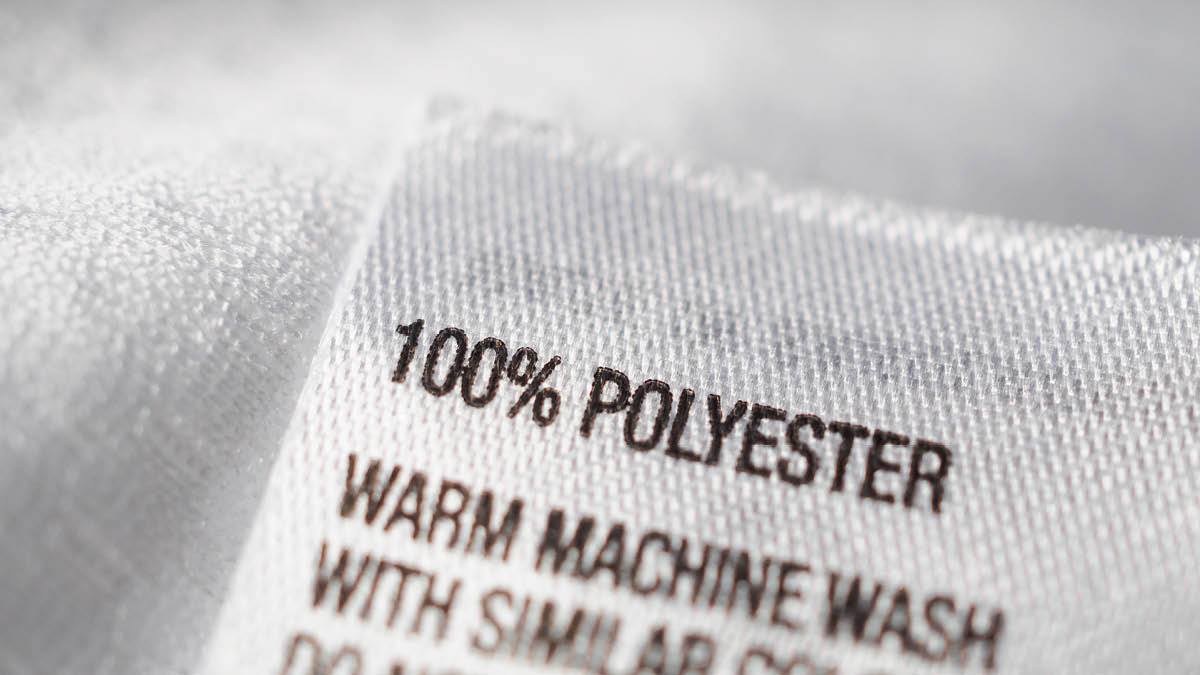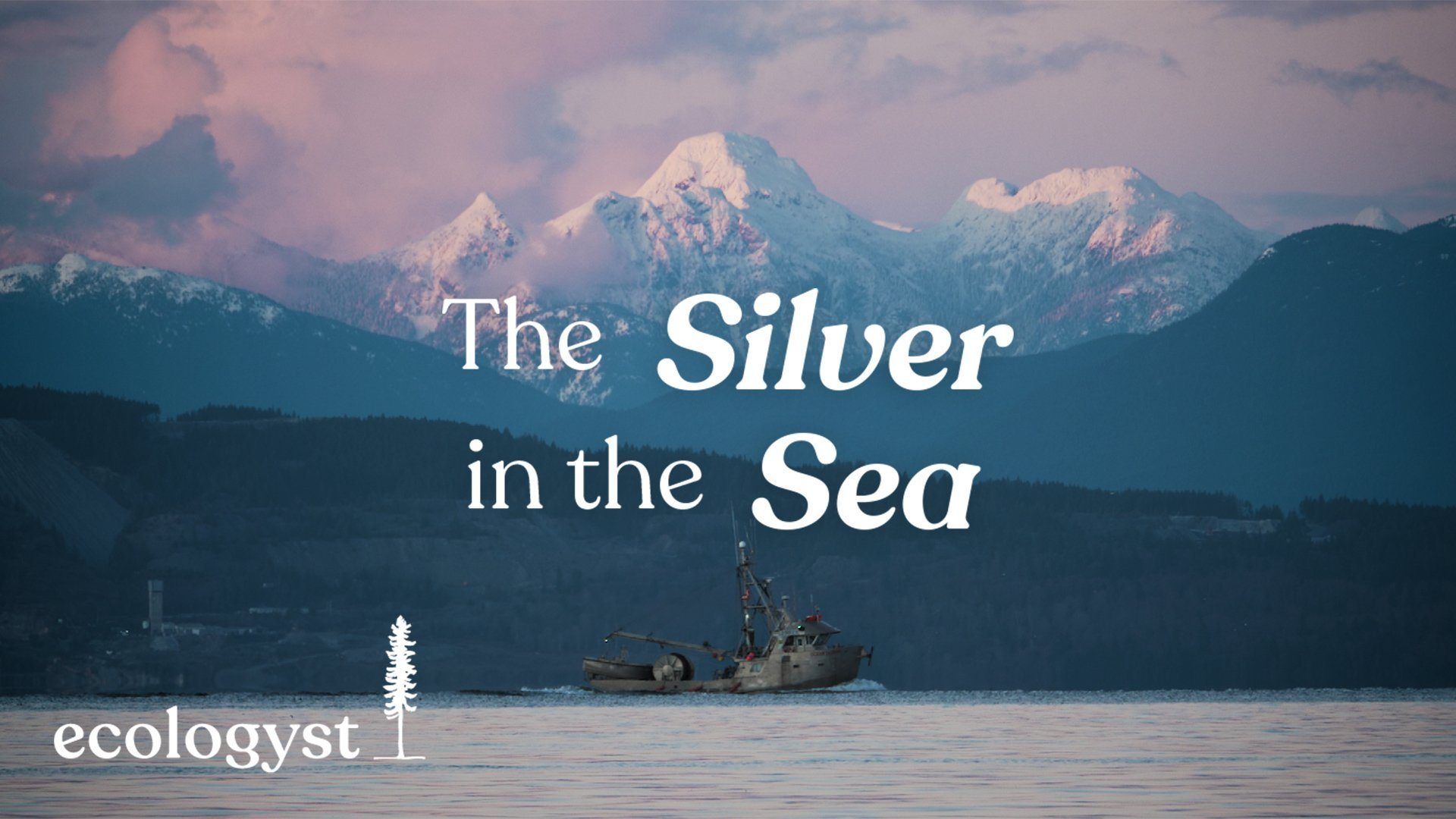The vista of an endless ocean, punctured by dorsal fins breaking the surface, the grounding notion of old-growth forest, waking up to lungs filled with fresh alpine air. We’re passionate about the way immersion in nature makes us feel. And it’s the benefits we reap in these moments that have us thinking about the environmental impacts of the fibres in our clothes.

Toxic Textiles
Natural fibres like wool were the sole basis of clothing for centuries. But 21st century fast fashion has led to mass-production from cheap, petroleum-based materials that are harmful to both our health and the planet’s.
Synthetic fabrics like polyester, nylon and acrylic are petroleum-based and chemically treated. According to the CFDA (Council of Fashion Designers of America) over 346 million barrels of oil are used every year to make them. They aren’t breathable and don’t helpfully absorb sweat when life heats up a little. Instead toxins leak into the human body’s largest organ, our skin, as the fibres warm.
The lack of absorption also means they need washing more frequently. Adding to the 3.5 trillion microfibres that enter Canada and US-wide waterways each year through laundry. These harmful microfibres are just some of the microplastics and pollutants that damage our stunning biodiverse ecosystems. Renowned for blocking animals’ and birds’ digestive tracts, in turn reducing growth, reproductive output, or causing death.
Ethical Alternatives
At ecologyst we look to alternatives like merino wool and organic cotton, that are highly functional for life’s adventures while also keeping the integrity of our ethical values. It's a push championed by the Food and Agriculture Organization of the United Nations, focused on sustainable substitutes over the negative environmental and socio-economic impacts of synthetics.
Wondering what the best eco-conscious textiles are to see you through a lifetime of backcountry trips, daily escapades and post-surf brews? Our go-to performance fibre is wool hands-down. Acrylic, in particular, is regularly touted as a wool alternative. But it contains carcinogenic ingredients and its fibres are highly flammable. Not something we’re keen on putting next to our skin or wearing beside a cozy campfire. Soft, all-natural merino wool, on the other hand, is naturally fire-resistant and highly breathable, wicking away sweat before bacteria builds up. Seems like a no-brainer to us!
When it comes to our softest cotton tee or that favourite cozy sweater, we opt for Organic Cotton over Conventional Cotton. Organic cotton is grown without GMO seeds or toxic pesticides and fertilizers. Unlike conventional cotton production, soil and local water supplies aren’t polluted and workers aren’t exposed to cancer-causing agents. Ours is certified by the Global Organic Textile Standard, keeping our supply chain from field to factory transparent.
Future-proofing Fabrics
But we’re always looking to go one step even further; the possibilities for future sustainable fabrics have us stoked. We’re geeking out with the Advanced Fibrous Materials Lab at UBC on The Impossible Fibre Project. While it’s long been widely thought that recycling cotton was a no-go, we’re committed to getting innovative as to whether that’s truly the case. In turn, creating a more circular production process, and adding to the tiny 0.1% of cotton that is currently recycled into new fibres.
Keeping it anti-microplastic on a local level, our kudos goes to the team behind Drop the Plastic, a non-profit we’ve collaborated with and wholeheartedly support. Focused on our local waterways, they’re passionate about education to reduce the whopping 3.5 trillion microfibres entering freshwater and ocean environments across Canada and the US annually.
In keeping with their mission comes potentially our most exciting news for 2020. We’ve been working hard behind-the-scenes on a localized, feature-length Microplastics Documentary. If you’re lucky, you might just sneak-peek a teaser in the coming weeks.
Call To Action
Stoked on the idea of sustainable choices, without compromising on technical performance? Delve into our merino wool pieces; from cozy toques to bubble-knit sweaters. Feel the softness of organic cotton in our go-to t-shirts, lightweight layers, and favourite sweaters.
Follow us on Facebook and Instagram to stay connected with us. Don’t miss out on pre-releases, and new content we are working on for you — sign up for our email updates at the bottom of the page!








